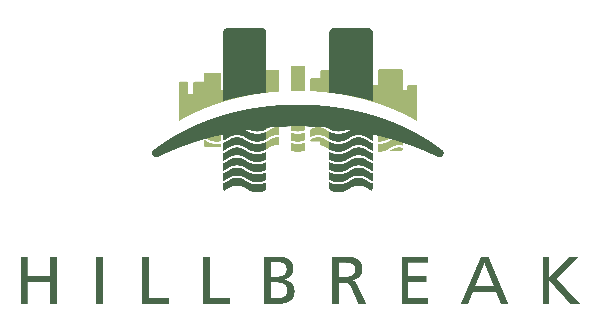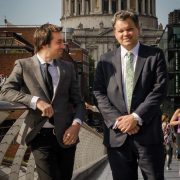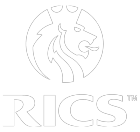Looking back at 2016
This article was first published on the Urban Land Institute website.
Well, that was some year! A year of extraordinary paradoxes and contradictions. In truth, I’m still trying to get my head around it, such was the peculiarity of the many events which unfolded. Hot on the heels of the Paris Agreement on Climate Change, I headed in to 2016 with a renewed sense of hope and determination.
Finally, after years of effort, the world had taken a unanimous stand against one of the defining threats of our time. Political resolve unparalleled in living memory, emboldened by the clarion call from the world of business, investment and civic governance. The implications for real estate were (and remain) profound, clarifying a new imperative for our industry and those who invest in it. Importantly, the momentum continued with ratification of the Treaty being secured much earlier than expected. It was complemented too, by another ground-breaking Agreement: that struck by 170 nations in Kigali to phase out the use of hydroflourocarbons.
A ULI highlight of mine within this context was the publication of L’Accord de Paris: A Potential Game Changer for the Global Real Estate Industry. My firm, Hillbreak, was honoured to have been asked by ULI to author the Report, supported by an exemplary global steering group. Together, we sought to draw out the key considerations for real estate owners and developers arising from the Agreement and we were rewarded with overwhelmingly positive feedback from across the world.
The Report highlighted, I think, the very unique place which ULI holds in the real estate universe. No other organisation in our sector has quite the reach or depth of insight to be able to take a topic of such pervasive significance and distil it into something resonant across all the major market geographies.
The optimism with which I started the year was soon tempered by a cascade of political shockwaves: a deluge of populism; uprising at the hard ends of the political spectrum; Brexit; the murder of Jo Cox MP; the vitriol of the US Presidential elections. Not in my lifetime have the forces of progress and disorder been pulling against each other so forcibly.
All these things and more throw a heavy veil of uncertainty over many of the issues with which our ULI Sustainability Council is concerned; social cohesion, tackling climate change, energy policy etc. Despite the upheaval around us, we’ve tried as a Council to address these themes with the balance, rigour and inquisition that they deserve, and I think we’ve been successful in that. Certainly, the feedback which we received from the many ULI members and friends that have attended our events throughout this year suggests that we are.
The Sustainability Council has, I believe, now reached an inflexion moment and we need to reflect carefully on what we have achieved and how we can operate with maximum impact and effectiveness into the future. Many of the events that unfolded around us in 2016 suggest that we need to reappraise the issues which require our focus.
Meanwhile the continued success and maturing of ULI UK means that the organisation is broadening and deepening its activity and its reach (the advent of the Development and the Technology Forums are good examples of this). This is unquestionably brilliant, but also means we need to act smartly to ensure we are delivering nothing but the best experience for our members. With all this in mind, my first priority as Chair of the Sustainability Council for 2017 will be review our form and function. I’m determined that ULI UK continues to be a leader of the organisation’s global efforts on sustainability matters, and I’m looking forward to working with our Committee to define the next phase of growth and development for the Sustainability Council.
As ever, I’d welcome any suggestions on how we enrich our programme and enhance our usefulness for members.
Jon Lovell , Founding Director, Hillbreak and ULI UK Sustainability Chair














